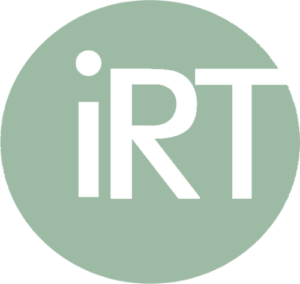Prevention through Alternative Learning Styles (PALS) is a school-based prevention program for middle school students. Teachers or PALS staff members lead students through five units, presented in ten lessons, which cover the following topics: learning styles and differences, effects of alcohol, tobacco, and drugs on the brain and body, peer pressure, and healthy choices. A supplemental website provides additional lessons and a peer mentoring program with interaction games and presentations. The overall goals are (1) reducing intentions to use substances, (2) increasing students’ use of refusal skills, and (3) enhancing students’ knowledge of the effects of ATOD, peer pressure and healthy decision-making, and different learning styles.
Creating Lasting Family Connections
Creating Lasting Family Connections (CLFC) is a substance use prevention program that can be used in school or community settings. It is designed for youth ages 9 to 17 and their families, who complete six modules of curriculum over 18-20 weekly sessions. Trainers cover topics such as ATOD education/awareness, communication and conflict resolution skills, coping mechanisms to resist negative social influences, encouraging use of community services, and delaying the onset and reducing the frequency of alcohol and other drug use among youth. Participants may be referred to community services as appropriate. The overall goal is to increase family use of community services, change knowledge and beliefs about alcohol and drug use, and promote abstinence.
Drugs: True Stories
Drugs: True Stories is a multimedia drug prevention program that can be used in home, school, or community settings. Youth in grades 5-12 and their parents hear personal stories about drug use and learn how they can work together to promote abstinence. The video is accompanied by a discussion guide, which is designed to provoke candid conversation regarding drug use and offers questions for those who are participating in the program. The intervention can be delivered in its entirety or in segments (e.g., three 50-minute sessions). The overall goal is abstinence from substance use and reduced intention to use.
Family Support Network
Family Support Network (FSN) is an outpatient, multi-provider, substance abuse treatment program targeting youth ages 10-18 years. FSN includes 12 sessions of cognitive behavioral therapy for the adolescent, six family education meetings addressing recovery and family management issues, four home visits to reinforce the family’s commitment to treatment for the adolescent, and case management to address barriers to treatment. The overall goal is abstinence from substance use.
Healthy Workplace
Healthy workplace is a workplace-based substance abuse prevention program designed for adults who are not substance-dependent. Small group sessions with video and print materials cover topics such as unsafe drinking, illegal drug use, prescription drug use, and healthy lifestyle practices. The overall goal is for employees to increase healthy lifestyle behaviors while reducing or eliminating substance use.
Keep a Clear Mind
Keep a Clear Mind (KACM) is a take-home drug education program for youth ages 9 to 11 and their parents. The four lessons are: alcohol, tobacco, marijuana, and tools to avoid drug use. Children receive incentives for completion of the lessons and parents receive support and resources through a newsletter and a program facilitator. The overall goal is to help children develop specific skills to refuse and avoid use of “gateway” drugs.
